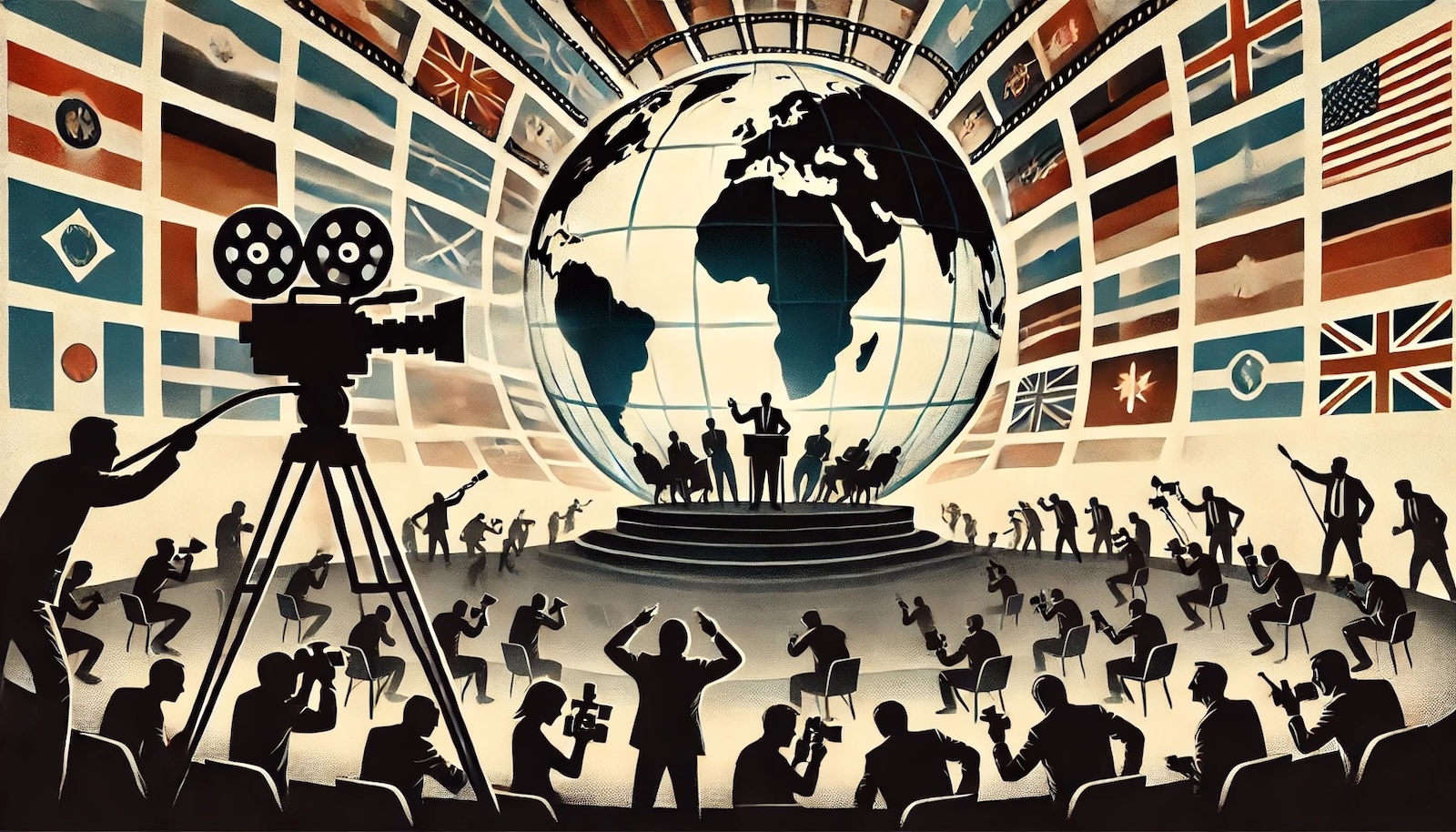There’s something oddly poetic about a stand-up comedy venue being brought to its knees in a country that has far more serious things crumbling—education, healthcare, employment, infrastructure, and increasingly, tolerance.
This week, Mumbai’s Habitat, one of the few surviving sanctuaries for Indian stand-up comedy, announced it was shutting down temporarily after being vandalised. The reason? Comedian Kunal Kamra released a video that didn’t sit well with some citizens. So instead of a rebuttal, or maybe even just not watching, a few decided that breaking windows (of the venue) was the most appropriate response.
This wasn’t the first time a comedian has caused discomfort. And it won’t be the last. But the real question is: why is humour so threatening in a democracy?
The answer might lie less in the joke and more in the timing.
Distraction 101: A Global Political Artform
Let’s rewind to 1998. The Clinton administration was engulfed in the Monica Lewinsky scandal. Just as media coverage peaked, U.S. military action was launched in Sudan and Afghanistan, with “urgent threats” cited. The public’s attention shifted—briefly—from scandal to patriotism.
This wasn’t coincidental. It was classic distraction.
So classic, in fact, that Hollywood made a film about it. Wag the Dog (1997) starred Robert De Niro and Dustin Hoffman in a dark satire about how political consultants fabricate a fictional war to divert attention from a presidential scandal weeks before an election.
It was supposed to be fiction. It ended up becoming a playbook.
Humour as an Easy Scapegoat
In India, we don’t need fictional wars. A joke will do.
In the last few years alone, comedians have been jailed, harassed, and deplatformed—not for inciting violence, but for making people uncomfortable. Munawar Faruqui spent over three weeks in jail for a joke he allegedly intended to tell. Vir Das was vilified for expressing a dual reality many Indians already whisper about. And now, Kunal Kamra’s routine leads to a venue getting vandalised.
The message is clear: satire is more dangerous than propaganda. And comedians have become the new punching bags—not because they’re powerful, but because they’re effective.
And most importantly, because they’re distracting us from the distraction.
The Real Problems We’re Not Talking About
Let’s take a step back. What should the headlines be?
The rising youth unemployment rate.
Widening wealth inequality.
Climate crises knocking on our doors.
The state of our public healthcare system.
Farmers’ distress and rising food inflation.
Instead, we’re talking about a man with a mic who said something some people didn’t like. And more worryingly, we’re okay with vandalising a venue rather than questioning the system.
The uncomfortable truth is this: We’re being expertly distracted.
As long as public outrage is directed toward comedians, artists, and fringe opinions, it won’t turn toward those in power. Because real accountability is hard. Satirists, on the other hand, are sitting ducks.
The Envelope is Sealed
Someone recently asked, “Why are comedians always pushing the envelope?”
The real answer? Because someone keeps sealing it shut.
In a democracy, art and dissent are pressure valves. If we keep stifling them, the pressure doesn’t go away—it builds. And when we confuse criticism for disloyalty, and jokes for threats, we risk becoming the very caricature the comedians are pointing to.
So here’s a thought: instead of smashing stages and silencing humour, maybe we should ask—what are we being distracted from this time?
And as Wag the Dog wisely suggested:
“A good story makes the world go ‘round.”
But maybe it’s time we stop chasing the story, and start questioning who’s writing the script.




